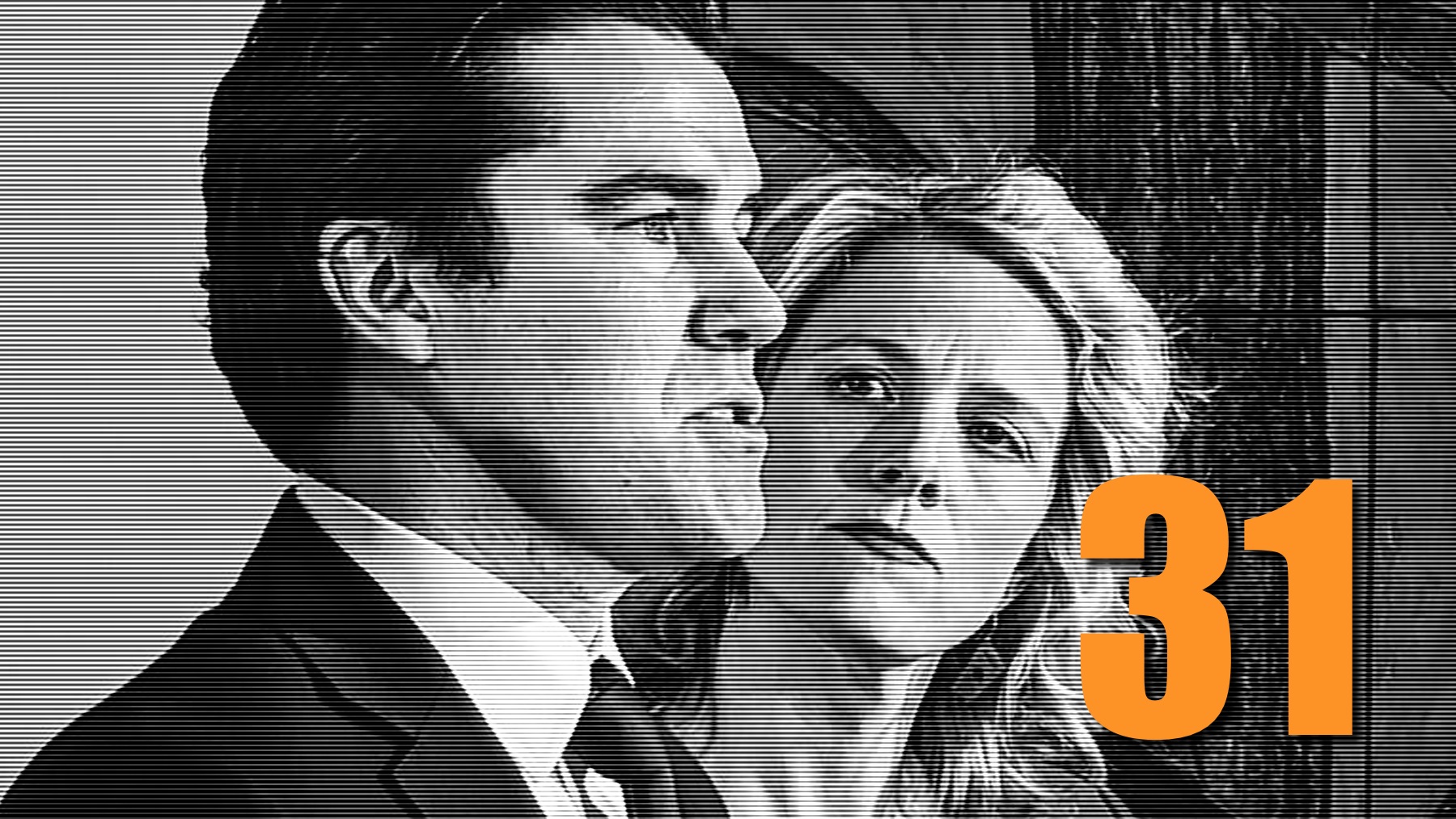It was a short working week, but there was lots of action in Canberra: a TikTok ban, news of the cybersecurity strategy and a new robotics strategy, online safety, Medicare, Centrelink, military satellites, and more.
Here are the digital developments from Canberra I’ve noticed since the previous edition on 31 March.
I’m posting this Thursday lunchtime, so if anything gets dropped before the Easter long weekend, and there’s always a chance, I’ll post it next episode.
- There’s now an Australia-wide ban on TikTok on government devices, but an outright ban likely depends on what happens in the US. A recent Risky Business podcast included some interesting discussion on TikTok, as did the Between Two Nerds sub-series in The Real Problem with TikTok. Meanwhile the ABC is thinking about a ban.
- Home Affairs minister Clare O’Neil “mandates cyber rehab boot camp for dozy agencies and critical infrastructure”. She reckons Australia faces ‘dystopian’ future of cyber-attacks targeting fabric of society.
- “Australia’s international and domestic cyber strategies will be integrated in the upcoming national strategy, with a renewed cyber diplomacy push seeking to make Australia the “partner of choice” for Pacific nations.”
- Meanwhile, “The national office being stood up by the federal government to coordinate its cyber security efforts and respond to incidents will operate without any additional funding initially.” You can expect even more little snippets about funding as we approach Budget Night on 9 May.
- We now have a National Robotics Strategy discussion paper. Submissions close 7 May.
- Labor to consider age-verification ‘roadmap’ for restricting online pornography access, because this is an idea that will never die. In their press release, the eSafety Commission says they have “provided an age verification roadmap to the Australian Government today [Tuesday] for its consideration,” but they haven’t shown us yet.
- The Independent Review of Medicare Integrity and Compliance (PDF) recommends the government urgently consider options to replace the legacy technology to address fraud and non-compliance by doctors.
- The Joint Standing Committee on Foreign Affairs, Defence and Trade has released the report of its inquiry into international armed conflict decision making. It recommends some changes to the way that executive government handles the process of going to way. It’s interesting that this week’s polling by Essential shows, in the final question, that 90% of Australians think that any decision to go to war must be made by Parliament.
- From iTnews, password-crackers and telecommunications metadata are being used to check Centrelink users’ relationship status. “A Services Australia spokesperson told iTnews that both telecommunications metadata and password-bypassing technology from Israeli vendor Cellebrite are only used when fraudulent claims trigger criminal investigations.” There is now pressure to ban Centrelink from using the spyware.
- The communications minister says the government will empower Australians through a holistic approach to online safety, whatever that means. Maybe it’s explained in the actual government response document.
- “Lockheed Martin has been announced as the preferred tenderer to deliver a long-awaited upgrade to Australia’s sovereign and military satellite communications capability, which is estimated to be worth as much as $4 billion over the coming years.”
- “Trove secures funding as federal government comes to rescue of National Library of Australia’s digitised archive.” This is excellent news.
Please let me know if I’ve missed anything, or if there’s any specific items you’d like me to follow. Parliament is now on a break until Tuesday 9 May, which will be Budget Night. I’ll publish these posts whenever there’s enough to report.
If you’ve been finding this series of posts useful, please consider throwing a tip into the tip jar.
[Photo: Australia’s assistant foreign minister Tim Watts and cybersecurity minister Clare O’Neil.]

